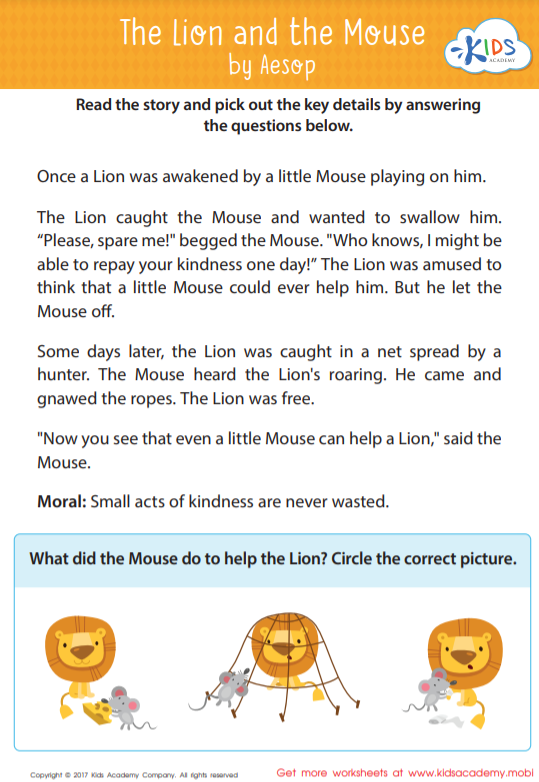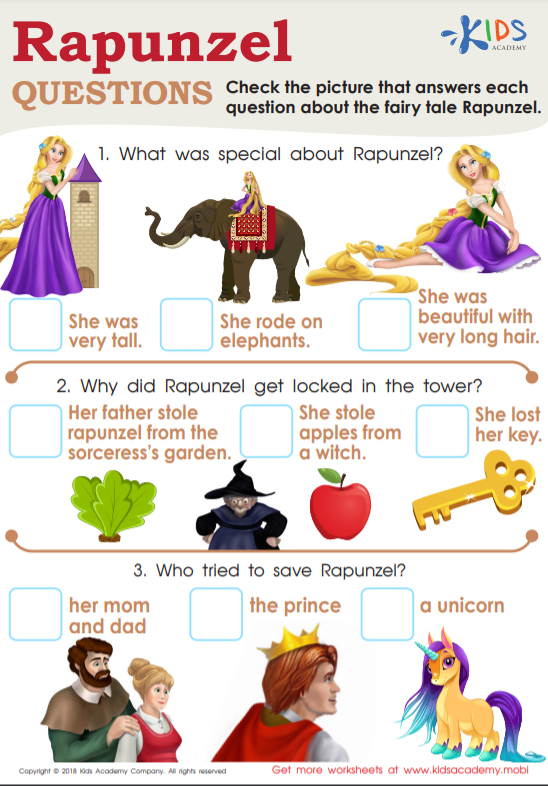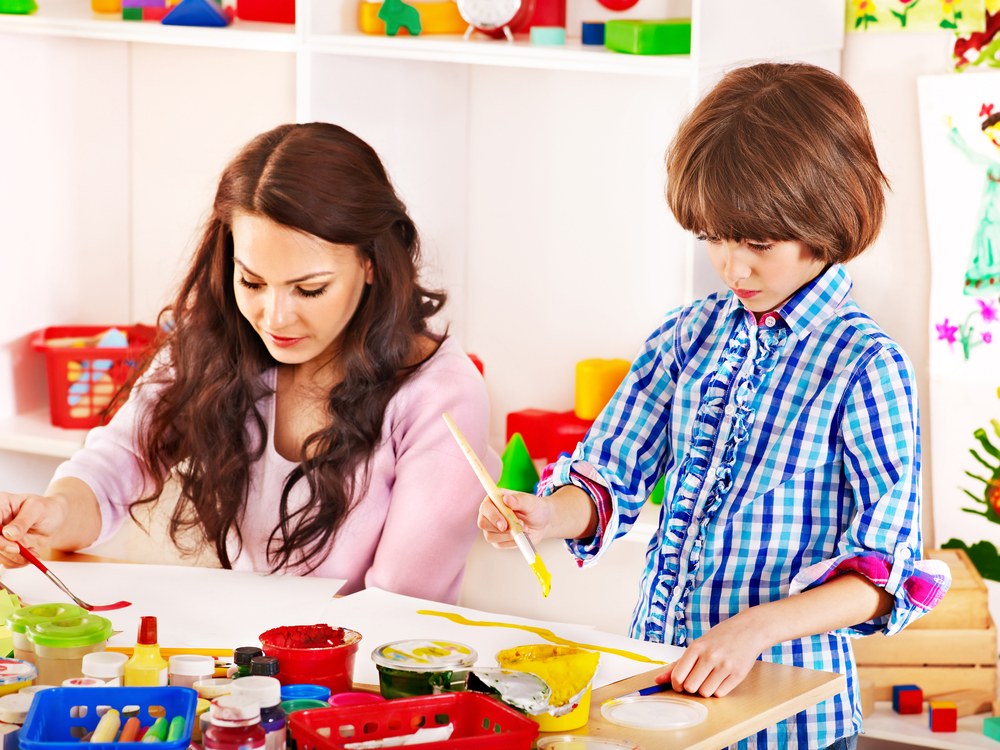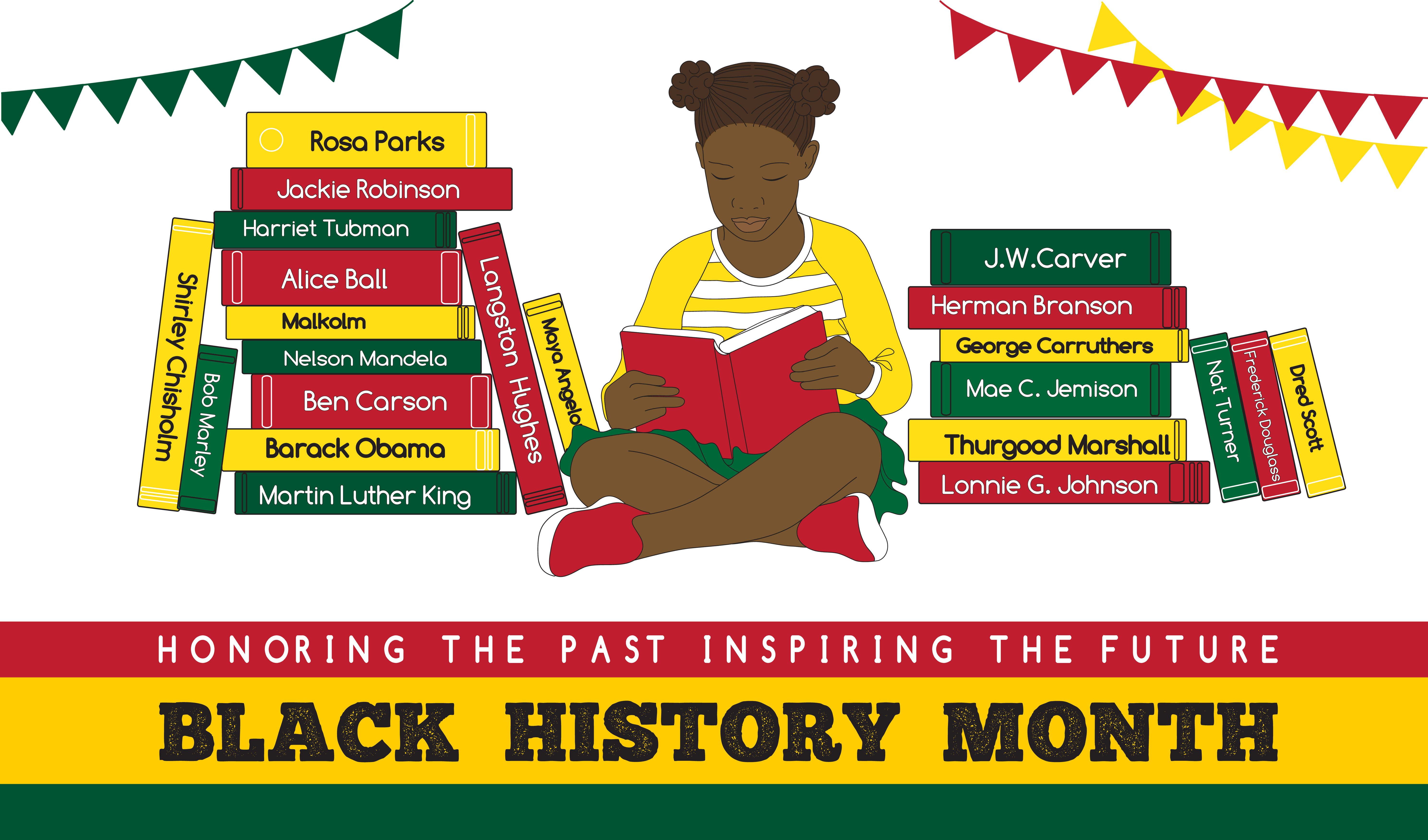Reading Fictional Stories and Answering Questions About Them
Dec. 6, 2021
When kids get to high school, they often wonder why they read classic literature like fictional plays and stories by the likes of Shakespeare or Orwell, especially since they will never use knowledge of them in their future professional lives. Likewise, parents of elementary-aged children may wonder why the younger crowd typically reads fairy tales and nursery rhymes. What relevance do these stories have to a child’s education?
To sum it up, beyond teaching kids to read, fictional narratives are key to developing critical thinking skills, as they play a crucial role in teaching them to interpret, infer, and analyze. In fact, children should be exposed to a wide variety of texts, which include fiction as well as non-fiction and informational passages.
Not only should learners have access to texts, but to develop skills like fluency, comprehension, vocabulary, and critical thinking skills, kids must also work closely with the texts they’re studying. To engage learners’ minds, it’s important to ask them targeted questions to help them think but knowing the right questions to ask and when can be tricky for parents who aren’t trained as teachers. That’s exactly why we’re here!
Kids Academy has expertly curated a collection of worksheets and videos with the help of educators designed to grow your child’s reading skills to its fullest potential.
Fairy Tales and Fables: Required Reading for Kids
Fairy tales and fables are important to young readers because they teach kids to read with a purpose: to learn and think about the lesson each story presents. This helps children to think more deeply about what they’re reading while applying the lesson to their own everyday lives.
For example, this worksheet about “The Lion and the Mouse” includes a moral at the end of the story that is intended to teach a simple lesson that kids can understand. To help support this theme, students are tasked with recalling a key event of the story that directly leads to that lesson. Not only do children practice basic reading comprehension skills, but they do so in a way that connects the key events to the overall moral of the story.
As kids work through our collection of fables and fairy tales, they also learn to look more closely at storytelling elements such as characterization and setting and learn how that helps to develop a plot and eventually, the theme.
In this worksheet about “Rapunzel”, children must recall facts from the story and think more deeply about Rapunzel’s characteristics and the conflict. While these questions may seem like simple and comprehension-based, they are designed to lead children to recall key details about the text, while taking a closer look at story elements. This poises them for growth as it readies children to think beyond the facts to make inferences.
Educational Extras: Lessons and Videos
Do you love free worksheets, but aren’t sure when and how to use them? Back in August, we posted this article about our updated Lessons section on the Kids Academy website. All our materials are now organized into lessons that bundle resources together to make it easier for parents to use.
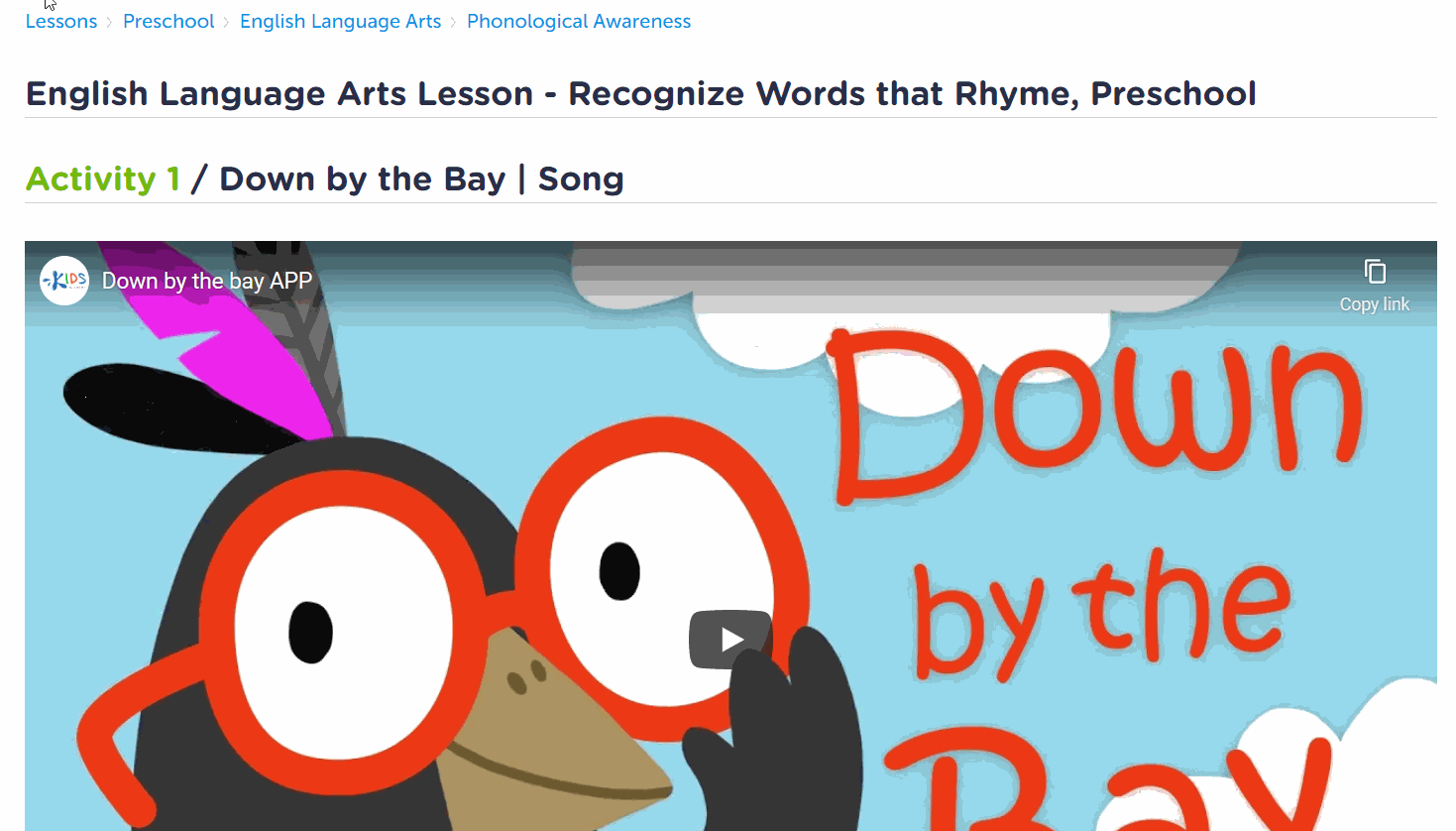
For instance, if you navigate to this lesson on preschool rhyming, you will find numbered activities for a step-by-step lesson all centered around recognizing rhyming words using a song and a series of worksheets. Each lesson may contain a variety of activities, such as worksheets, kids videos, or songs, and are designed to progress your child’s learning by building from prior knowledge and learned material. For example, this lesson will help kids review popular nursery rhymes they have already learned in a creative way: by coloring! Parents can use these ready-made lessons to skip the hard work of putting together a learning plan and get children straight to learning.
In addition to our lessons and worksheets, we also offer educational videos on our YouTube Channel. Here you will find a variety of educational videos, including fairy tales, like the one mentioned above. When it comes to worksheets like the Rapunzel worksheet, children must already be familiar with the story. This means that they may have read it before, or they can watch the corresponding video, which will allow learners to engage with the text on the screen. If you’re worried about your child watching a video instead of reading, don’t worry! Our videos feature storybooks that encourage kids to read along as the audio is playing.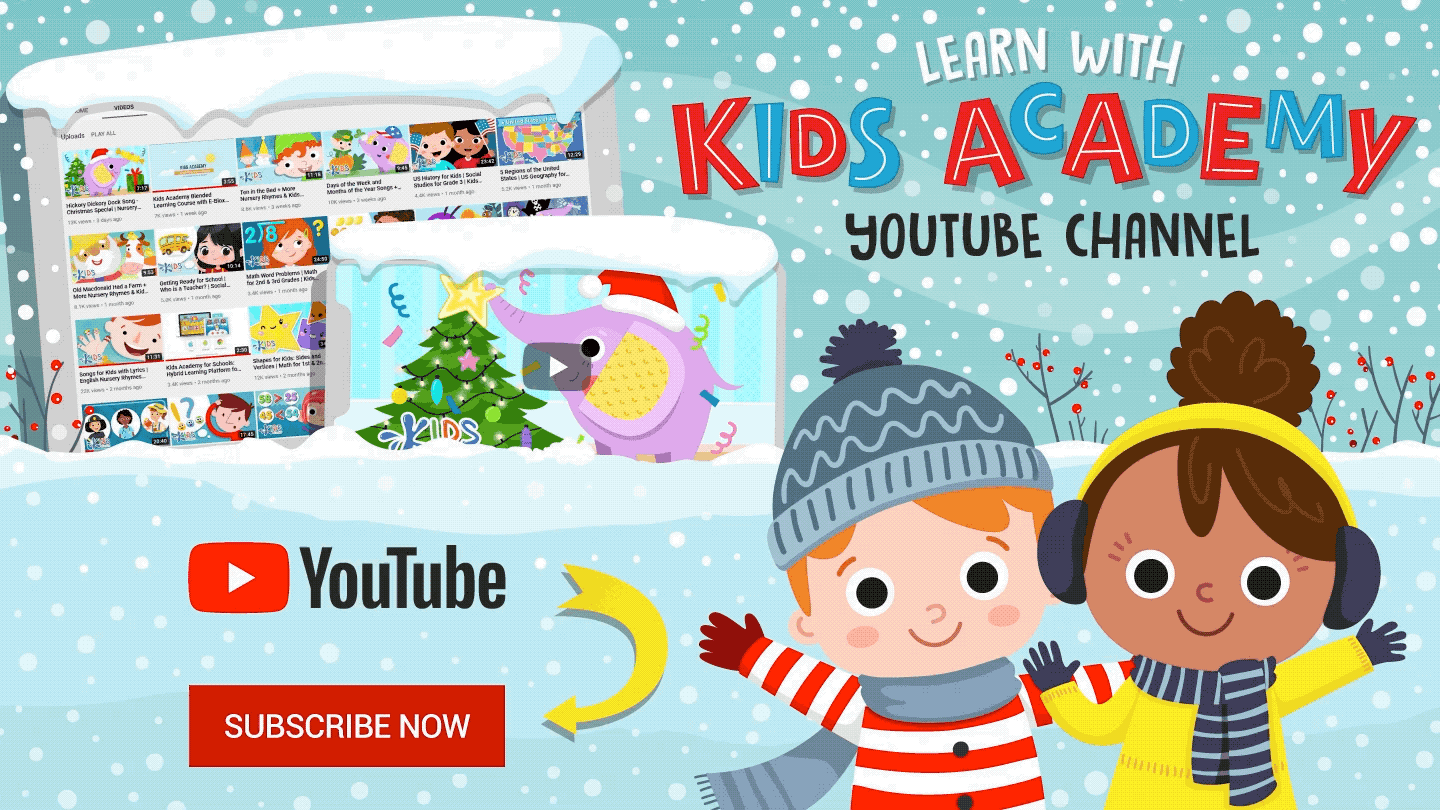
If you navigate to our channel, you’ll notice that there are many videos posted, and they address topics across the curriculum intended for students in preschool through the third grade. To make getting around a little easier, the videos are organized into playlists. For instance, the Rapunzel video linked above will lead you to the entire playlist of all seven fairy tales we have available.
If you’re looking to enrich your child’s learning with fictional stories and activities that will get them thinking through answering meaningful questions, we’re confident that Kids Academy has materials perfect for your little learner. Be sure to check out all our kids lessons and worksheets at www.kidsacademy.mobi, and find us on the AppStore, Google Play, and YouTube for even more resources!



